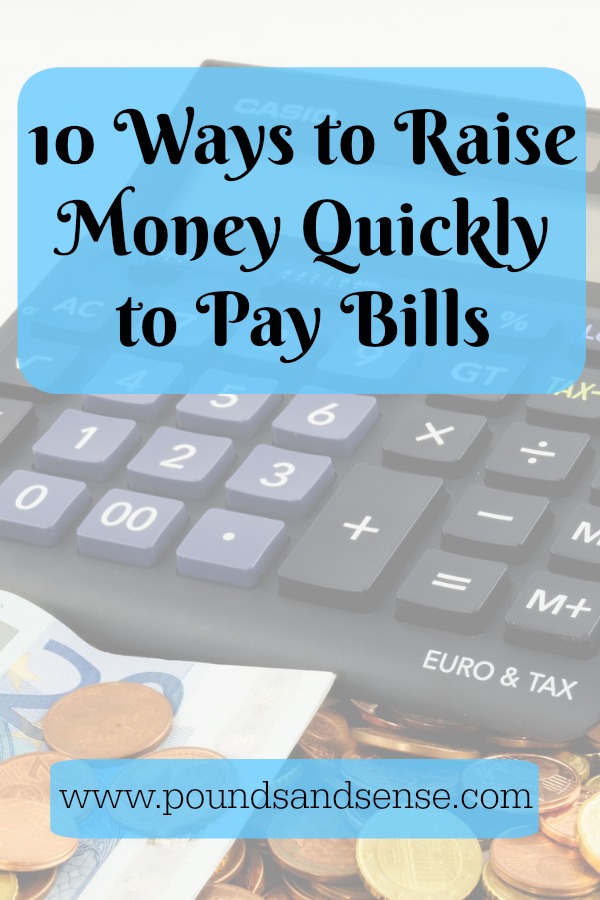How to Profit from Printables
If you’re looking for an easy and enjoyable money-making sideline, have you thought about creating printables?
As the name suggests, printables are items of content people can buy and then print out themselves. Common types of printable include planners, artwork, meal plans, inspirational quotes, prayer cards, birthday and wedding invitations, calendars, diary pages, and so on.
One big attraction of printables is that you don’t have to spend time packing and sending physical products, as would be the case when selling on eBay, for example. All you have to do is send your buyer the relevant file by email – and even that can be easily automated using a platform such as Etsy UK or Shopify. Here is a link to a sample Etsy shop selling printable planners of various types. And no, it’s nothing I’m connected with personally!
This is a great sideline if you have a flair for art and design, but that is by no means a necessity. You can use templates as a starting point. There are also people on Fiverr and similar sites who will be happy to create designs for you very inexpensively.
- Designing and selling (or giving away) printables can be a great sideline if you have a blog yourself. You can produce printables relevant to your blog’s content, perhaps setting out key information in attractive form. My fellow money blogger Emma Drew offers her readers a range of free printables, including a Christmas planner, matched betting daily checklist, daily money-making planner, and so on.
Creating Your Printables
Your first step will be to decide on a niche. If you have a blog or website already, it clearly makes sense to start with that. Otherwise spend a bit of time researching what other people are doing.
As mentioned above, you could start with Etsy, as lots of people sell printables there. Visit Etsy UK and search for “printables” using the box at the top of the screen. You will find literally thousands of printable items listed, and you can also see how much people are charging for them.
For creating your printables, a good choice can be the online design tools Canva or PicMonkey. These both have hundreds of templates you can use and adapt. Here’s a link to an autumn-themed poster I created on PicMonkey in just a few minutes using one of their templates. Feel free to download and print it!
Alternatively go to Fiverr and search for “printables”. You will find lots of people offering this service from around £3.50 (the sterling equivalent of $5). At that price you could afford to commission two or three and go with the one you like best.
Selling Your Printables
There are various ways you could sell your work. As mentioned above, one good choice would be Etsy. This is a popular platform for people selling art and craft products, and they also allow the sale of printables. Etsy provide the means for people to download your printable after they have bought it, meaning orders are fulfilled automatically for you. All you have to do is keep an eye on your dashboard to see how much money you have made!
Setting up an Etsy shop is free. A bit like eBay, you then pay a small listing fee per item and a further fee when you make a sale. You can learn more about setting up an Etsy shop on this help page.
Another option is to sell your printables on Fiverr. Lots of people sell printable business cards here, for example. You may be able to make more money by offering rapid turnaround or additional services.
Finally, you could simply print out your designs yourself, frame or laminate them, and sell them at craft fairs and markets. A friend does well at this, using photos of local landmarks with or without captions.
A Few More Tips
- Be sure to make it clear in your listings that you are selling downloadable items the customer will need to print out themselves. This will avoid any misunderstandings.
- Use plenty of clear space on your printables so they don’t look pinched and crowded.
- Avoid large dark areas. Nobody wants to waste all their ink printing out a sea of black.
- You can offer editable PDFs buyers can customize as they wish. This adds value and means you may be able to charge a higher price. You will need Adobe Acrobat Pro to do this or perhaps a cheaper alternative such as PDFescape..
- Printables are low-cost products, so paying to advertise them probably won’t be cost-effective. They are best promoted via social media, blogging, online forums, and so on.
- Being a visual platform, Pinterest is a great place for showcasing your printables.
- Giving away some of your printables can be a powerful tactic too. By this means you can attract more visitors to your blog or website, more sign-ups to your mailing list, and so on.
- You can also take the opportunity to advertise paid-for products and services on your printables, including books, e-books, courses, affiliate products/services, and so on.
- Printables can also be used as add-on incentives to sell higher-value products such as courses and e-books.
Designing and selling printables is an enjoyable, creative activity, with good money-making potential. On its own it probably won’t make you rich, but it can undoubtedly provide a valuable addition to your sideline-earning portfolio.
- If you want more information about creating and profiting from printables, my colleague Amy Harrop has a number of high-quality downloadable guides and courses on the subject. I particularly recommend One Page Publishing Profits (affiliate link).
As ever, if you have any comments or queries about this post, please do leave them below.












